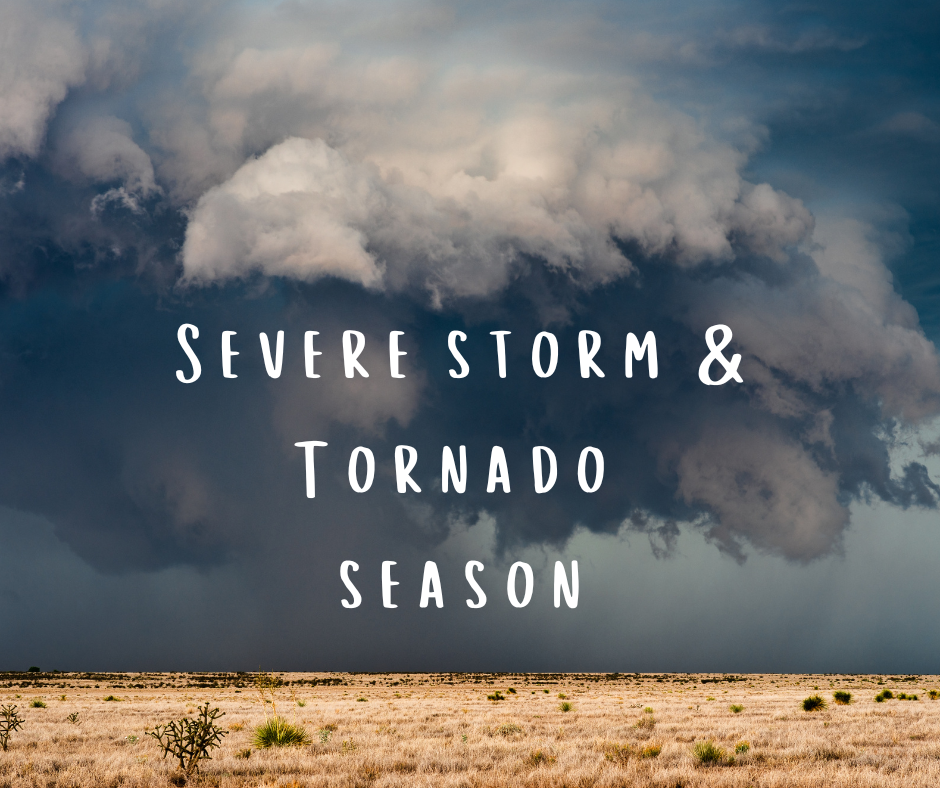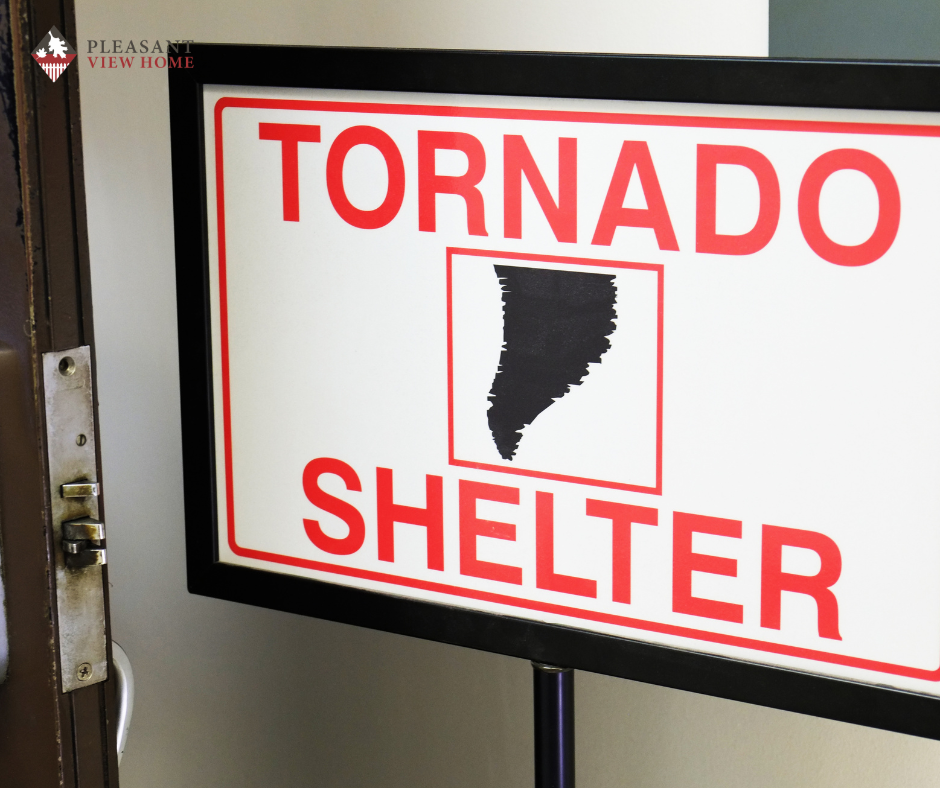When severe weather strikes, we must be well-prepared to protect our residents. Elderly individuals are among the most vulnerable during extreme weather events, making it crucial for us to have a solid plan in place. Tornadoes pose a serious risk, requiring swift and effective action to ensure everyone’s safety. Here’s what we and other caregivers can do to safeguard our elders during severe weather.
1. Establish a Clear Emergency Plan
A well-documented and rehearsed emergency plan is the foundation of tornado preparedness. We have:
- Developed a detailed tornado response plan that outlines procedures for all staff members.
- Conducted regular drills so that both caregivers and residents are familiar with emergency procedures.
- Assigned specific roles to staff members to ensure efficient execution of the plan.
- Kept emergency contact lists updated, including family members and local emergency services.

2. Identify Safe Areas
Not all areas of a nursing home are safe during a tornado. The safest locations include:
- Interior rooms without windows, such as bathrooms, hallways, or designated storm shelters.
- Basement areas, if available, as they provide the best protection.
- Sturdy interior rooms on the lowest level if no basement is present.
At PVH, we have designated our lower level as our safe zone for the upstairs neighborhoods. In the two households, Harvest House and Walnut Court, the bathhouses are FEMA grade tornado shelters.

3. Stock Emergency Supplies
In the event of a tornado warning, quick access to emergency supplies can make a significant difference. We maintain emergency kits containing:
- Flashlights and batteries
- First aid supplies
- Bottled water and non-perishable snacks
- Extra blankets and warm clothing
- Battery-powered radio for weather updates
- Medications and medical records for all residents
4. Keep Residents Calm and Reassured
We do everything we can to keep our residents calm and feeling assured. For those caregivers at home, severe weather can be particularly distressing for seniors, especially those with cognitive impairments such as dementia. Caregivers should:
- Speak in a calm, reassuring manner to reduce anxiety.
- Use gentle physical reassurance, such as holding a resident’s hand.
- Engage residents in light conversation or comforting activities while waiting for the storm to pass.

6. Review and Update Plans Regularly
Emergency preparedness is not a one-time effort. We review, practice and evaluate our emergency plans regularly, including holding regular fire drills in accordance with fire marshal regulations and regular tornado drills, particularly the statewide tornado drill.
Final Thoughts
Severe weather events like tornadoes are unpredictable, but with our plans, practices, and preparations, we are prepared to protect our residents!

Add Comment